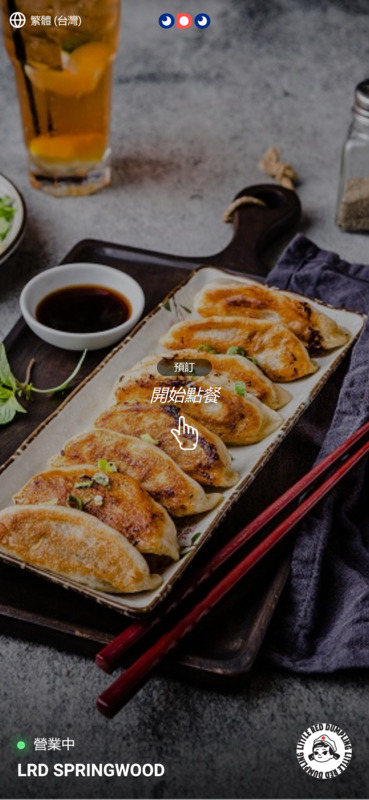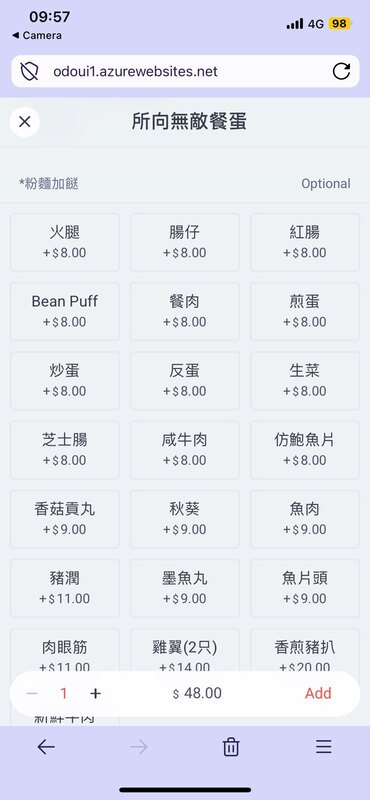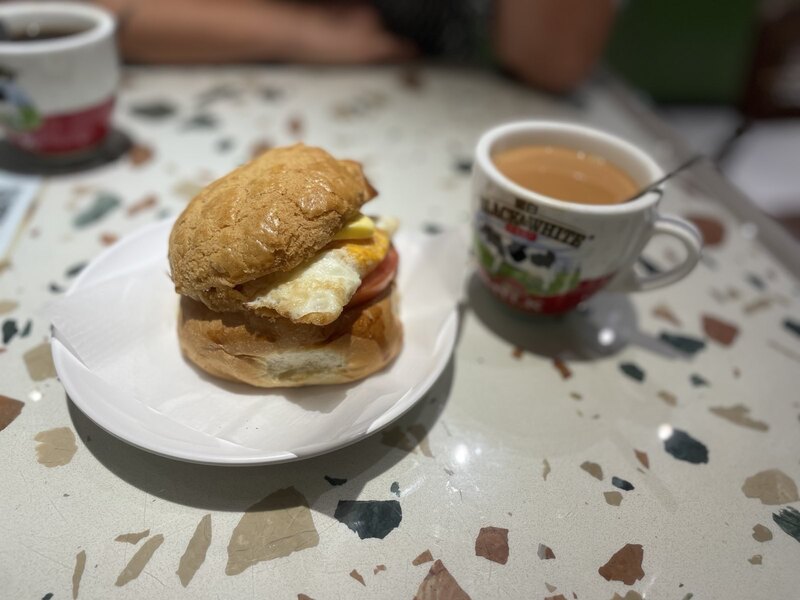Labelling the Web 3
The pineapple bun problem.
#39 · · readTwo months ago, I found myself in a typical Hong Kong-style café that offered one signature dish of the Cantonese cuisine that I just had to try. The pineapple bun.
Disclaimer: This post is not about the "web3". The title is a stupid coincidence. It's the third part of a series called Labelling the Web. Technically, there is no web3 anyways, there is only one web, and it definitely needs better labelling!
The pineapple bun
Don't get your hope's up just yet. There's actually no pineapple inside the pineapple bun. It's rather its texture that resembles a pineapple.
My Hong Kong friend Anthony was the first to tell me about the pineapple bun. It took me a couple of days in the city to actually find a place where I could get it. I suppose you would get it at almost any Hong Kong-style café, but if you're European like me, understanding the food culture in this country can be quite challenging at first.
So here I was, in a little place in Causeaway Bay, in which probably no foreigner ever set a step inside.
Ordering pineapple bun
I was really close to finally trying this signature dish.
In order to get what I wanted, I needed to use the café's fancy ordering system. I scanned a QR code and off I went. But then, I turned blind.

Everything was in Cantonese!
No problem!
Came out of my optimistic mouth. I challenge you to show me a language picker in any language, that I can't spot by looking at its iconography.
Sitting there in the top left of the screen it was. Just waiting for me to be used. I'll recognize this globe icon anywhere.
Give me my pineapple bun!
Turning blind again
I tapped but nothing happened. I tapped again, expecting a different result. My initial optimism started to fade.
Give me my pineapple bun!
"Ok, the website's buggy", I decided. So I tried my best to get what I wanted and use the little Cantonese I knew (which of course, was non-existent).
The approach
Luckily, the menu didn't only use text but showed pictures of the dishes too. But I'm not ignorant to just order without any labels. Why?
Because I've been travelling through Southeast Asia for 6 weeks at that point. I knew that my order could turn out really weird, if I just trusted my luck and the pictures shown. My pineapple bun just may be served with bones inside or something strange like that.
I grew especially doubtful with my approach after I selected what looked like the pineapple bun. It offered me some kind of add-ons. And there weren't any more pictures.

I think I looked lost enough that the guy from the table next to ours offered assistance.
Dependency
I was lucky. Of course the guy, knowing this fancy ordering system inside out, told me about the language picker first. "Come on, who do you think you're talking to?", I thought.
But when I explained that the website was buggy, he gladly assisted me. Pineapple bun and milk tea. Seems like a solid order. He confirmed, we had a good laugh about the situation and I got my pineapple bun.

But I had to rely on the courtesy of others to get me what I wanted. No one likes to be dependent on others.
Still, I'm glad this happened, because it allowed me to come up with a new metaphor for the Labelling the Web series.
Labelling the Web 3
In the Labelling the Web series, I'm talking about one of the web's biggest flaws: the fact that overall it isn't labelled very well. This becomes especially confusing for people who use screen readers.
I've had several attempts trying to explain how this problem influences the experience of users.
Labelling the Web is directed to a more tech-savvy audience using grandma's website as a metaphor. Labelling the Web 2 was an attempt to showcase the same ideas to a designer audience using the fusebox problem as a metaphor.
I've also held talks about this topic on several occasions. The pineapple bun problem will become my new story when I try to explain why you should never estimate the importance of labelling the web.

